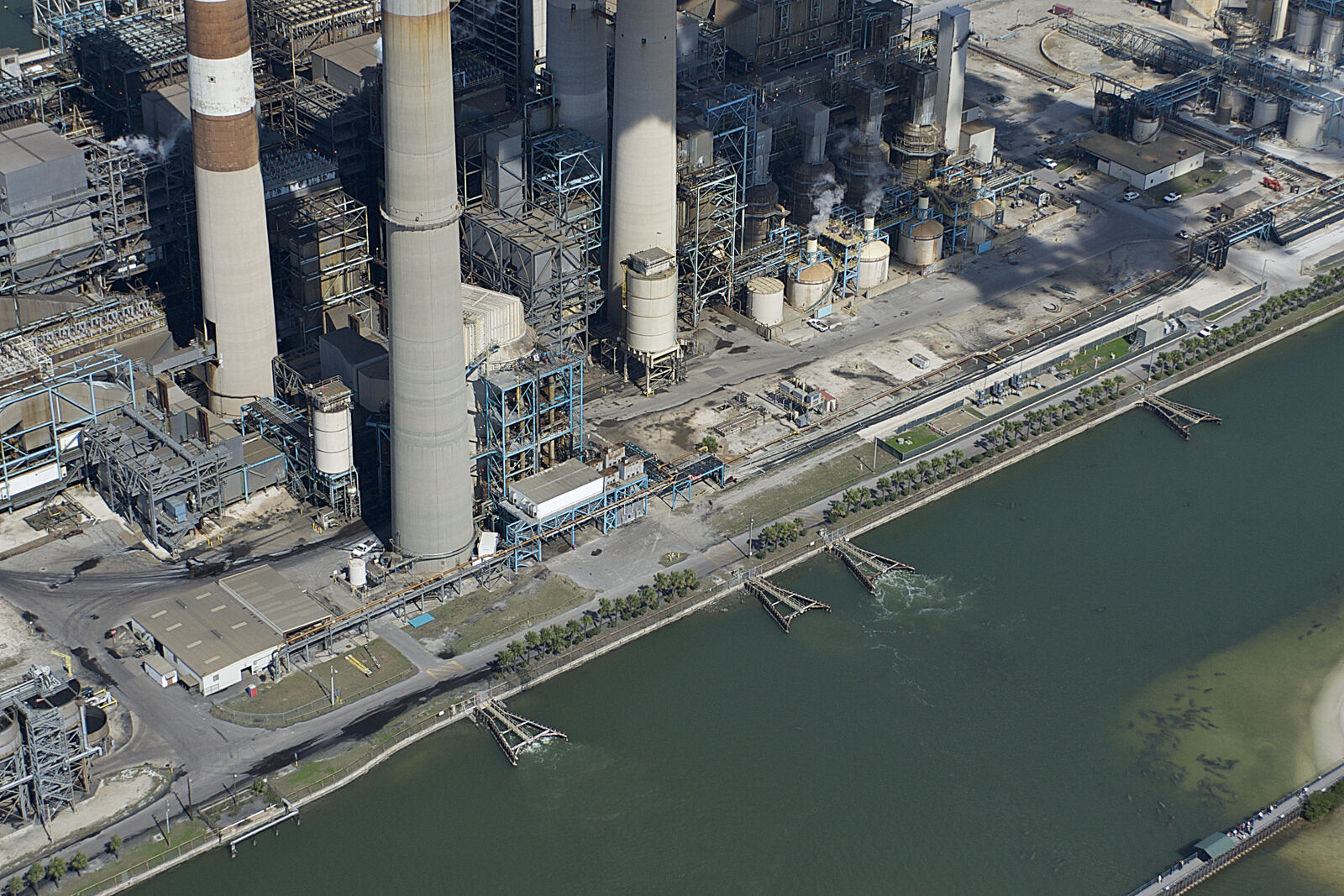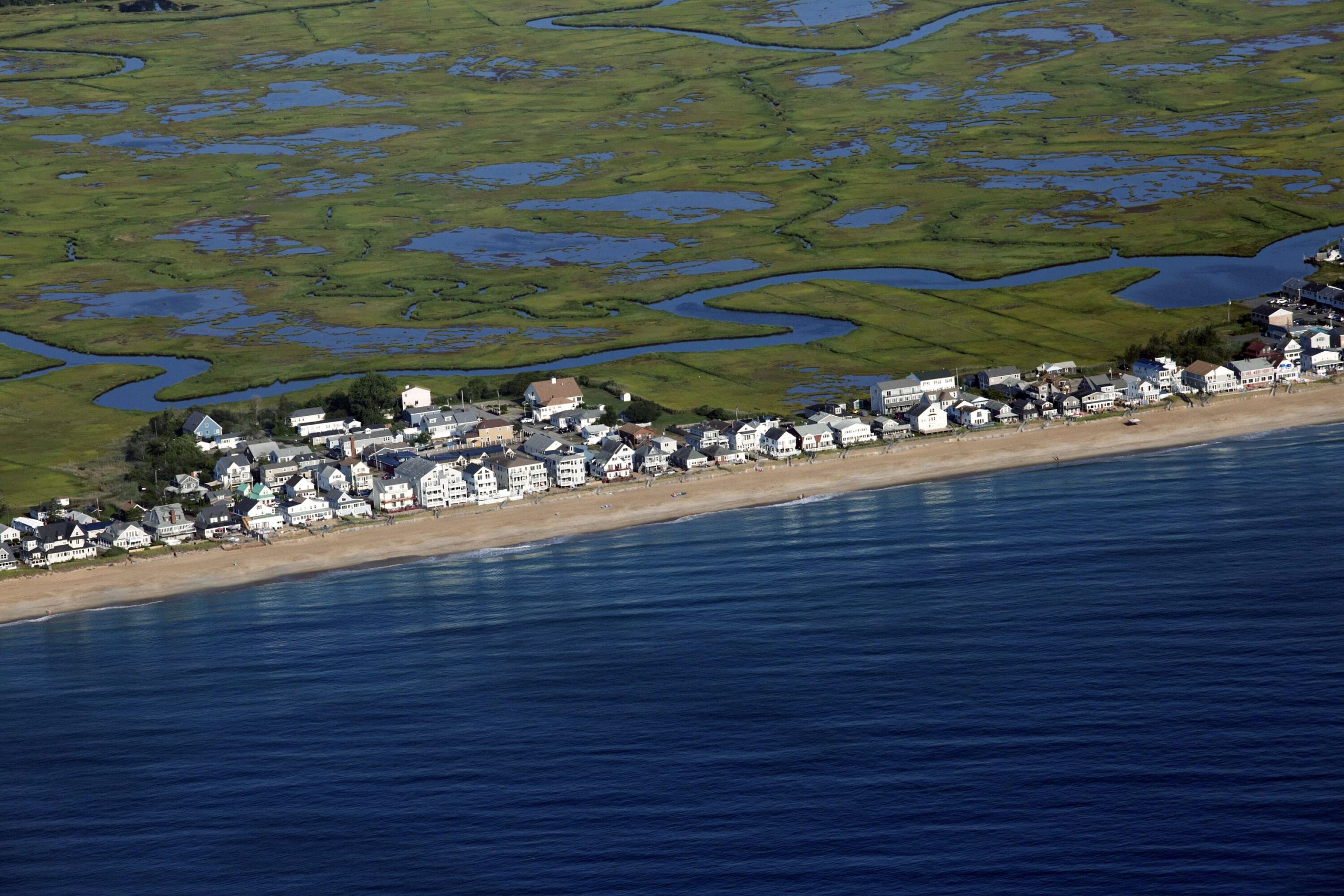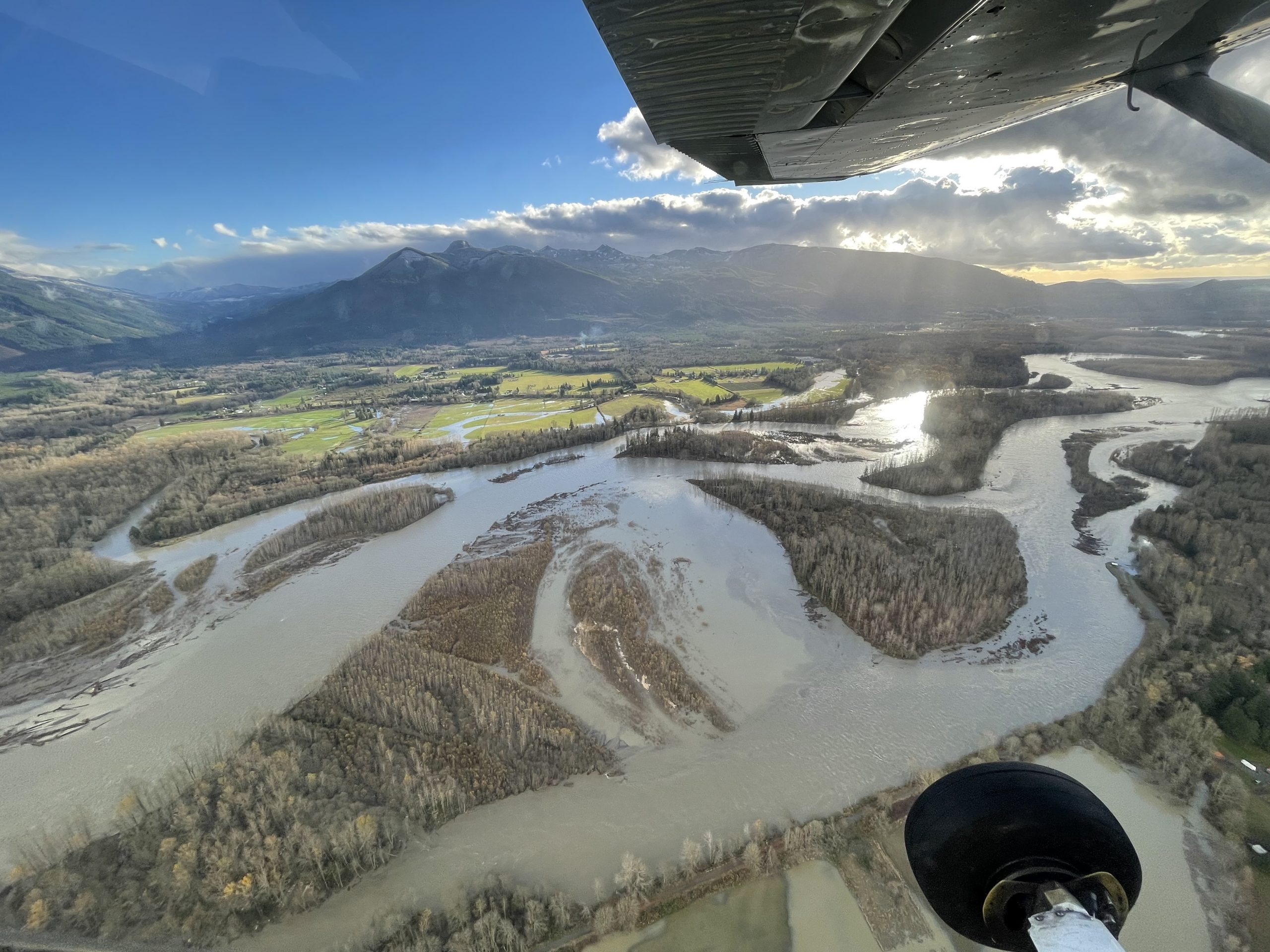CLIMATE CHANGE & RESILIENCE
LEVERAGING FLIGHT FOR CONSERVATION IMPACT
LightHawk leverages the power of general aviation as a core tool to tackle climate change and enhance climate resilience. Working in collaboration with partners, we help scientists gather crucial data, change the minds of decision-makers, and push for better conservation policies using our unique aerial perspective.
Our aerial insights help to drive impactful conservation efforts in the face of environmental challenges through strategic initiatives aimed at:
Water Quality Monitoring
- Assessing water conditions to detect pollution and ensure healthy aquatic ecosystems.
Habitat Restoration
- Assisting in the evaluation and restoration of wetland and river habitats to support biodiversity.
Wildlife Surveys
- Monitoring populations of key species to inform conservation strategies and actions.
Flood and Erosion Assessment
- Evaluating flood and erosion impacts to guide mitigation and restoration efforts.
Public Awareness and Education
- Using aerial data and imagery to raise awareness about the importance of preserving rivers and wetlands.
Collaboration with Stakeholders
- Partnering with government agencies, non-profits, and local communities to enhance conservation efforts.
LIGHTHAWK’S ROLE IN CLIMATE RESILIENCE
LightHawk takes flight to help coastal communities and ecosystems build resilience to the impacts of sea level rise. By working with partners to enhance scientific understanding and improve the ability of community planners to project future changes, LightHawk is playing a critical role in addressing climate change.
As climate change alters coastlines worldwide, rising sea levels and more intense storms are wearing away beaches, flooding homes and businesses, and harming essential infrastructure. LightHawk’s aerial perspective provides invaluable insights, enabling coastal communities and land managers to better understand these impacts. This knowledge is crucial for developing informed strategies to safeguard people, nature, and critical infrastructure. By taking proactive measures, we can protect our coastal areas and ensure their resilience in the face of these challenges.



